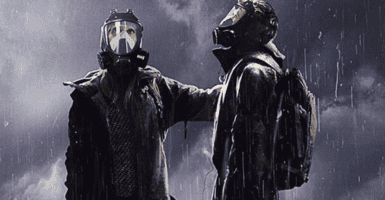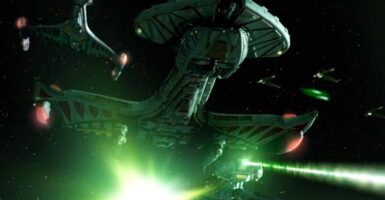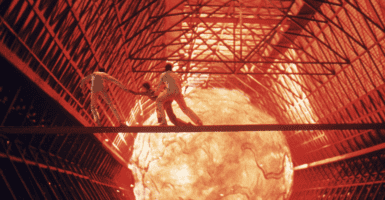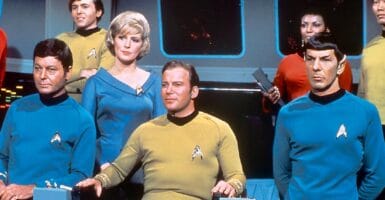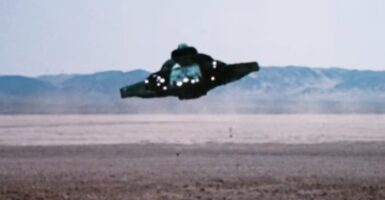Star Trek’s Most Despised Enterprise Captain Doesn’t Deserve The Hate
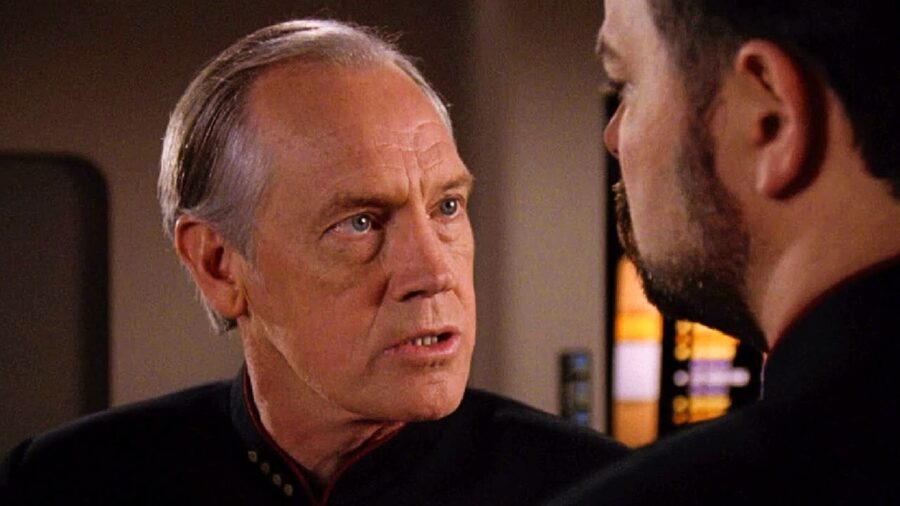
Captain Edward Jellico, who took over command of the Enterprise in Star Trek: The Next Generation‘s two-part episode “Chain of Command” might be deeply unpopular, but he was the right person for the job. In the episode, Captain Picard, Doctor Crusher, and Lieutenant Worf are sent on a secret mission that leads to Picard being captured by the Cardassians. Its depiction of Picard’s torture at the hands of Gul Madred (played beautifully by David Warner) is one of the most gut-wrenching and iconic story elements in TNG.
But while Picard is away, he is replaced by Captain Edward Jellico (Ronny Cox), a character Star Trek has written for us to hate, with the entire crew disliking him almost immediately. If someone else is going to be in command of the Enterprise, we want it to be Riker, Data, or Worf. But Jellico comes in with no time for niceties, immediately ordering a major change to the duty roster and even getting rid of Picard’s fish.
The fact is that Jellico had intimate knowledge of the potential threat they faced in the Cardassians and knew the ship and her crew were not ready for the encounter—especially if a battle were to break out.
His brusque demeanor and all-business attitude, while uncommon on Star Trek, are rooted in the singularity of Jellico’s purpose. He has been tasked with entering into potentially volatile negotiations with the Cardassians, who he knows have captured Picard, but to whom he cannot tip his hand about the secret mission Picard was on.
When he arrives, he’s immediately going around the ship barking orders at everyone from Riker to Troi to LaForge, insisting that the crew work harder and faster to improve efficiency and battle-readiness.
This seemingly un-Star Trek attitude of showing no concern for how things had been done before especially raises the ire of Riker, who first fails to make the changes Jellico had ordered to the duty roster and then bucks the captain’s command decisions when he refuses to tell the Cardassians he knows they have Picard. Riker’s opposition to Jellico is so strong that Jellico relieves him of duty and makes Data his first officer.
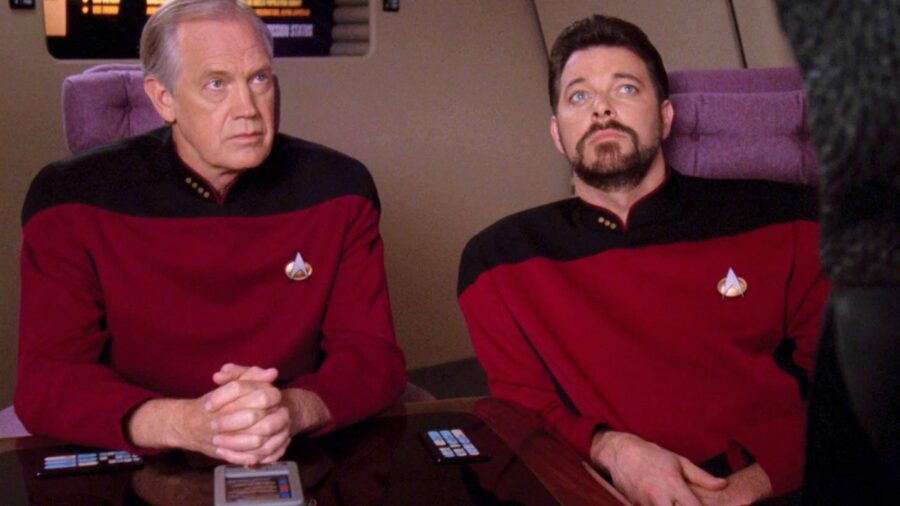
Star Trek: The Next Generation had not seen quite this level of command shake-up since Riker took the big chair in “The Best of Both Worlds” after Picard’s abduction by the Borg, begrudgingly naming Commander Shelby his Number One.
If someone else is going to be in command of the Enterprise, we want it to be Riker, Data, or Worf. But Jellico comes in with no time for niceties, immediately ordering a major change to the duty roster and even getting rid of Picard’s fish.
The emotional friction and the merciless shake-up of the normally comfortable and smoothly flowing 1701-D can be off-putting to viewers who are used to siding with Riker and the other bridge officers. But the fact is that Star Trek’s Jellico had intimate knowledge of the potential threat they faced in the Cardassians and knew the ship and her crew were not ready for the encounter—especially if a battle were to break out.
Star Trek’s captains don’t usually behave like Jellico, but neither are they often thrust onto an unfamiliar ship with an urgent, dangerous mission for which they have to prepare in a very short amount of time. Rarely, also, are they met with such pushback and even direct insubordination.
The truth is that Riker deserved to be taken off duty and that our heroes were not adapting well to a demanding challenge by questioning Jellico’s orders on the mere basis of his command style.
It’s often said in Star Trek that its crews are families and no one likes their family to be shaken up, but the crew’s responses (with the exception of Data, of course) are emotional. They are understandable to an extent, but they are not based on a clear view of the mission or their duty, and therefore they are responses that threaten to endanger the negotiations, the ship, and Captain Picard.
Star Trek’s captains don’t usually behave like Jellico, but neither are they often thrust onto an unfamiliar ship with an urgent, dangerous mission for which they have to prepare in a very short amount of time.
The truth is that Edward Jellico was right. He is a fine Star Trek captain, and he shows it not only when he sticks to his plan despite the crew’s unhappiness, but when he is willing to swallow his pride and ask Riker to pilot the shuttle for the crucial mission he hopes will bring a resolution to the situation.
Jellico is willing to do what’s best for Starfleet and for his mission, regardless of the feelings of the crew or even his own feelings.
As Star Trek constantly tells us, captains sometimes have to make difficult calls and tough decisions for the greater good. But it rarely shows us that truth as starkly as it does with Star Trek’s Captain Jellico. Fans of the show should be glad he was there to show the crew they can demand more of themselves while successfully thwarting the Cardassians and saving Picard.
